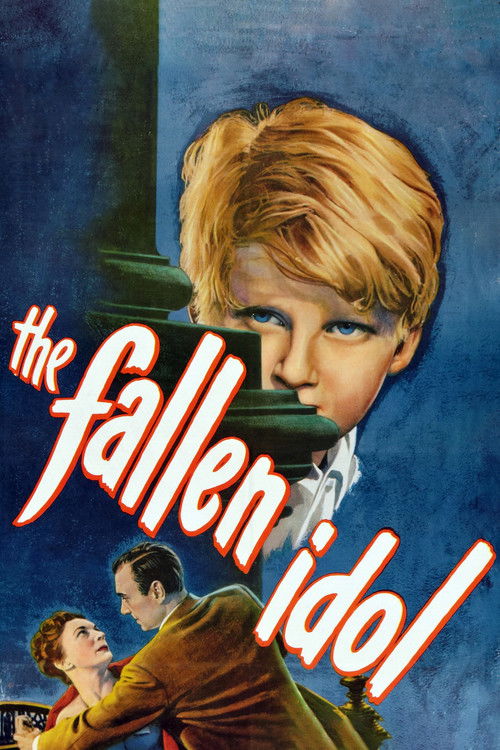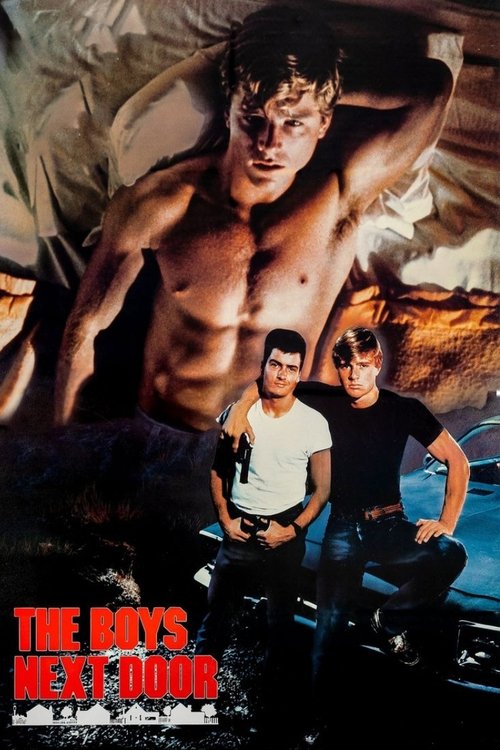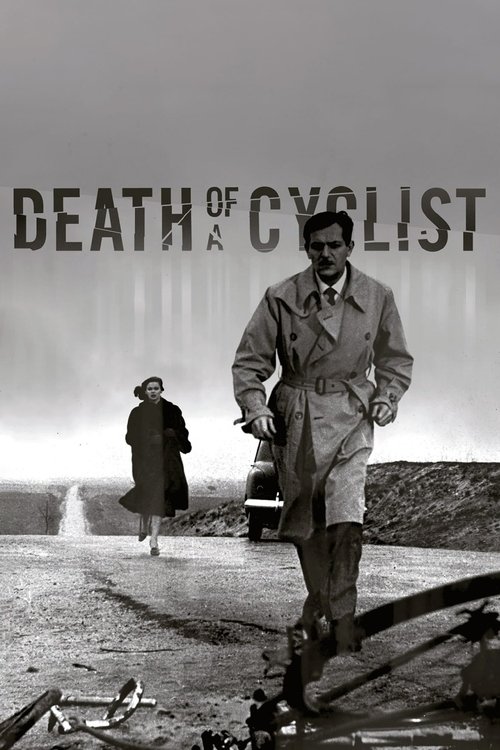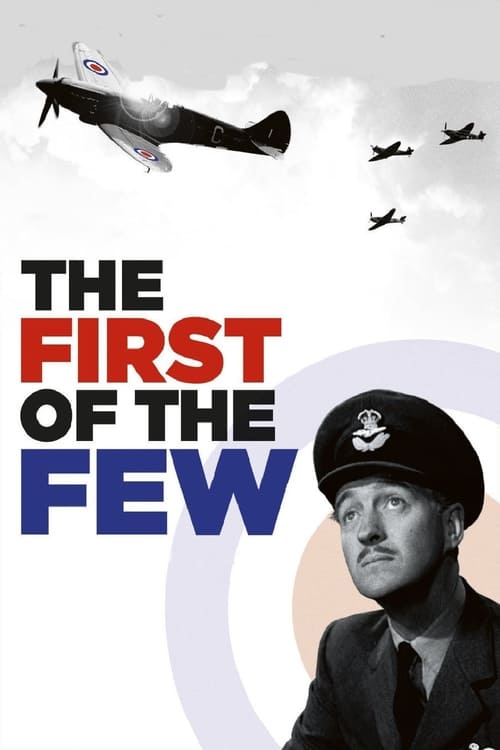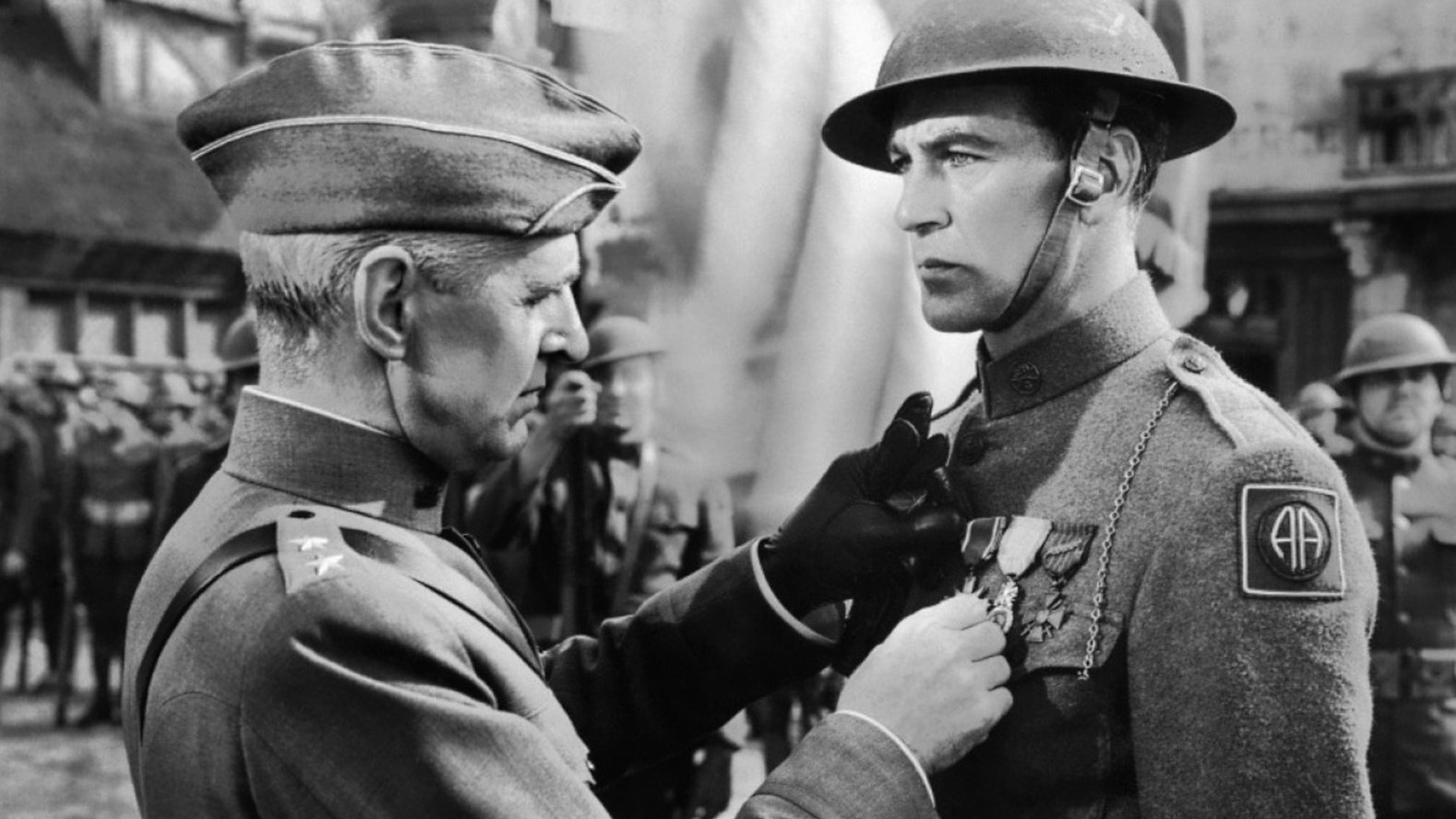
1941
Sergeant York
War, Drama
8.0
User Score
228 Votes
Status
Released
Language
en
Budget
$1.400.000
Production
Warner Bros. Pictures
Overview
Alvin York a hillbilly sharpshooter transforms himself from ruffian to religious pacifist. He is then called to serve his country and despite deep religious and moral objections to fighting becomes one of the most celebrated American heroes of WWI.
Review

John Chard
10.0
Just like a turkey shoot!
Alvin York of Tennessee was a simple backwoods farm boy who liked a drink and a scrap, then one day, fuelled by drink and anger in his heart, an event gave him religion and a new found respect for life. However, the advent of World War 1, and his subsequent call to duty, tore his pacifist state of mind apart, torn between a patriotic sense of duty and his religious beliefs, Alvin York of Tennessee was to become the name on everyone's lips in 1918.
Sergeant York is pretty much close to being the perfect template for biography movies. It stands out (as it stands up proud) because the makers have the willingness to tell the tale from the humble beginnings of the central protagonist. They then ease it through to the end without feeling the need to rush there. Some allegations of it being a tad slow for its own good may well be valid, but for those of us who crave ultimate detail and flesh on the bones of main characters, well Sergeant York is a peerless joy. By the time that the critical point in York's life is realised, we the audience care so much because we have been party to his life story. From hard working farm boy to falling in love with Gracie, and onto his World War 1 heroics, Alvin York feels like one of us because of the work that all involved have done here.
Producer Jesse Lasky literally spent years trying to persuade the real life York into letting him film his story, the humble and modest Tennessean kept refusing until finally relenting with some conditions. One was that the proceeds go to charity (truly befitting the man that), two was that a non-smoking actress play his wife Gracie, and another that Gary Cooper play the title role!, well he got his wishes, and what a result it turned out to be. Cooper was initially against taking the job but soon relented after a meeting with York himself. Cooper then requested that Howard Hawks direct, which turned out to be the case - but only after the studio failed to attract Michael Curtiz, Henry Koster and a few other notable directors of the time.
As it turned out this was a perfect subject for Hawks, Alvin York boasting all the human traits in a man that Hawks admired, and with Gary Cooper operating on full tilt the resulting picture is a stirring emotive classic that never falls to gung-ho over bearing theatrics. In fact the critical war sequences here are wonderfully subtle. Backing Hawks up is the excellent Sol Polito, whose photography is precious - have a look at one scene as York sits on a cliff edge with his hound, contemplating his being in the war, it's shot in half silhouette and just gives me tingles on my spine.
Critics of the time were mixed on Sergeant York, and many people felt that the film was over propagandist in its aims?, well time has been kind to the film and personally I find the story, and the technical brilliance on show, to be truly remarkable. 10/10
Read More 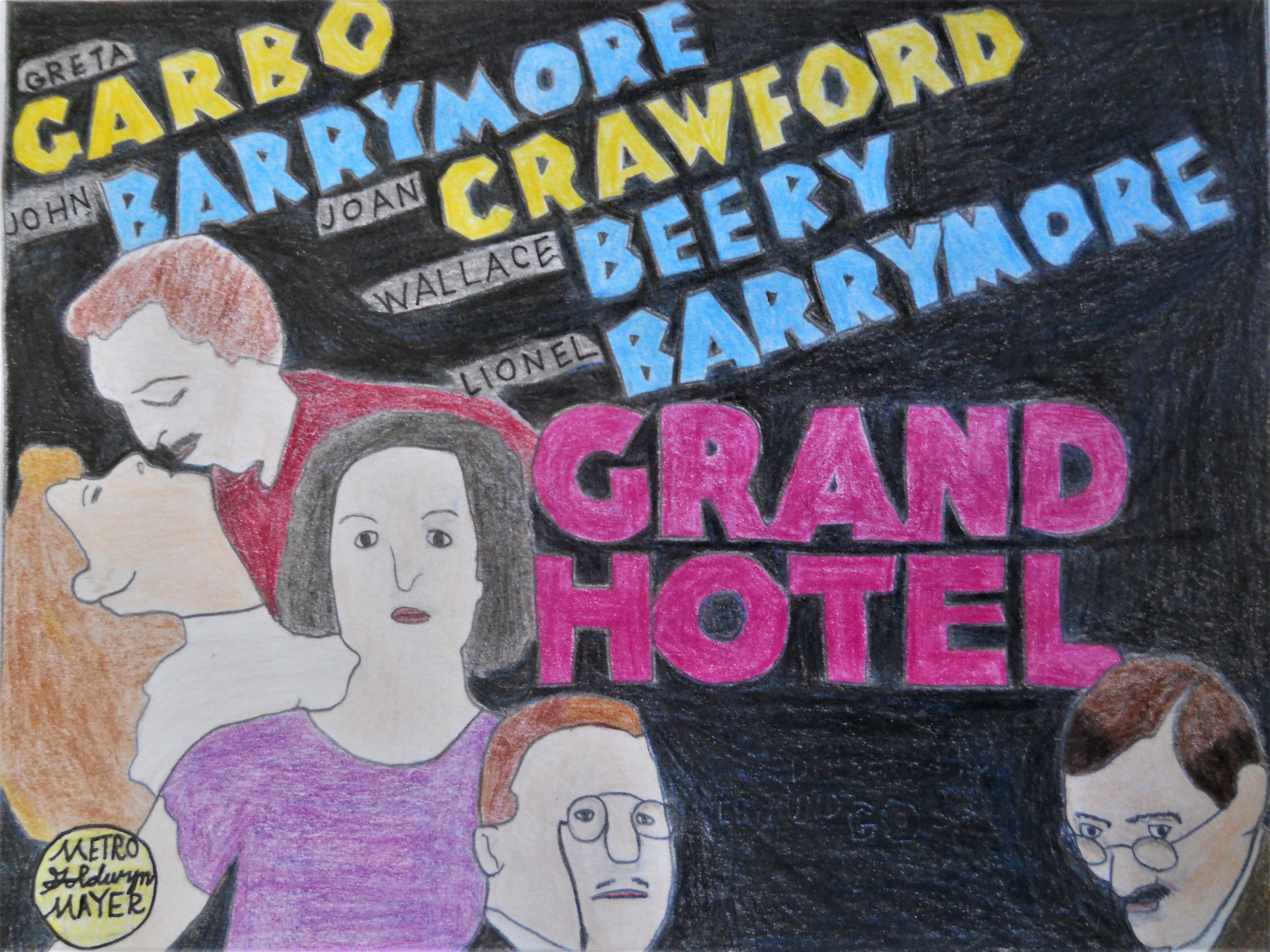
barrymost
9.0
To summarize (which is quite a task, since this is a very detailed, comprehensive, and well-done biopic), Gary Cooper plays one of the greatest and most beloved heroes of the First World War: backwoods sharpshooter, Alvin C. York. Hailing from the Valley of the Three Forks of the Wolf, somewhere in the Tennessee hills, he spent his youth drinking, carousing, and causing mischief and mayhem in general. All that changes one stormy night when a lightning bolt strikes his rifle, instead of him, and he turns from his rowdy ways and becomes a fine, upstanding Christian. When America becomes involved in WWI, he requests to be exempted from the draft as a conscientious objector. But his appeal is rejected and into the army he goes. As he serves his country, his eyes are opened to the reasons behind the conflict, and to the fact that it isn’t against God or the Bible to fight against evil. In a heroic act, he saves the lives of several men in his squadron and captures over 100 German prisoners.
There’s so much fascinating trivia behind this film which is so much more than your average war picture. It’s the story of a humble yet remarkable man’s life, and a good reminder that, as Alvin observes, “the Lord sure do move in mysterious ways.”
The real Alvin C. York was approached by producer Jesse Lasky several times, asking for permission to film the story of his life. York finally agreed on three conditions — first, that a share of the profits would go towards a Bible school York was trying to establish; second, that a non-smoking actress would play his wife Gracie; and third, that Gary Cooper play him!
At first, Cooper didn’t even want the role. Even if he did he was under contract to Samuel Goldwyn, who had no intention of releasing him. After York spoke to Cooper personally the latter agreed to take the part. A bargain was struck when Goldwyn agreed to lend out Cooper in exchange for Warner Brothers lending him Bette Davis for his production of The Little Foxes. Thus, everything worked out, everyone was happy, and two excellent films were made because of the exchange.
Not only were two great films made (both of which were nominated for Best Picture), but Gary Cooper won his first Oscar for Best Actor! In his acceptance speech he made the comment, “I’ve been in this business sixteen years and sometimes dreamed I might get one of these things.”
While films of this era were consistently clean and wholesome, and had a definite reverence for God, not as many could be called overtly “Christian.” Sergeant York is one of the few movies that definitely fits this category. The pivotal faith aspect of Alvin York’s story is handled well, mostly due to Cooper’s sensitive and sincere performance. Walter Brennan was an honest, upstanding man in his own life, and plays the local pastor who counsels Alvin. Brennan claimed to be religious in his personal life as well. He brings enthusiasm and warmth to his role, and received his fourth nomination for Best Supporting Actor. However, the Oscar went to Donald Crisp for "How Green Was My Valley."
The scene in which York’s rifle is struck by lightning, causing his conversion, was an invention of the screenwriters. In reality, the steps leading to York’s conversion were longer and more drawn-out due to the efforts of his wife to help him clean up his act.
Ultimately, Sergeant York is a film that takes its time, with a running length of 2 hours and 14 minutes, but it’s time well spent. The production fares well under the expert direction of the masterful Howard Hawks, who received his only Best Director nomination for it.
It also contains one of the most gorgeous camera shots I’ve ever seen. York stands tall and proud on a rocky outcrop, surveying the Tennessee countryside, with his hound dog by his side. It’s shot in half-silhouette, and the imagery is both haunting and exhilarating.
After this recent Resurrection Sunday, when the focus is especially on faith and looking to a Savior, the following is an appropriate quote from the film with which to end this review.
“You see, I believe in the Bible and I’m a-believin’ that this here life we’re a-livin’ is something the Lord done give us and we got to be a-livin’ it the best we can…”
Read More 